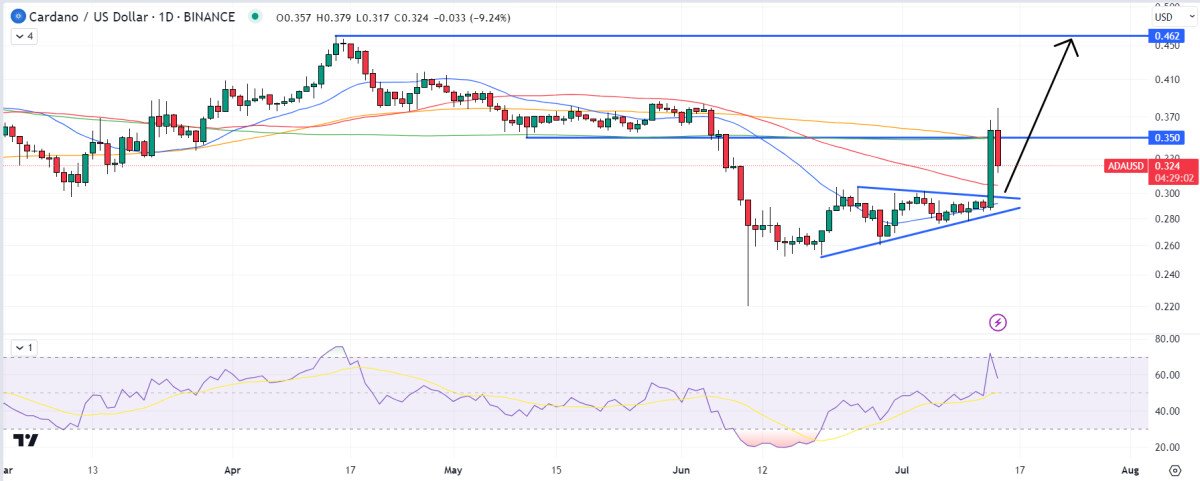The Internal Revenue Service and the Treasury Department plan to issue final regulations related to required minimum distributions from retirement accounts in light of the SECURE 2.0 Act.
Starting in 2023, the SECURE 2.0 Act of 2022, which was included as part of the massive consolidated appropriations bill passed by Congress at the end of last year, included a large number of changes in retirement planning, including moving up the age for RMDs to age 73, with the first RMD due to be taken by April 1 in the first year and by Dec. 31 in subsequent years.
In Notice 2023-54 the IRS and the Treasury said Friday they intend to issue final regulations related to RMDs under Section 401(a)(9) of the Tax Code that will apply no earlier than the 2024 distribution calendar year.
The notice also provides guidance related to certain provisions of Section 401(a)(9) that apply for 2021, 2022 and 2023. It provides rollover relief (including an extension of the 60-day rollover period to Sept. 29, 2023) when it comes to any distribution made from a plan or IRA in the first half of 2023 that would have been an RMD if not for Section 107 of the SECURE 2.0 Act, and allows certain rollovers to IRAs.
Section 107 of the SECURE 2.0 Act amended the Tax Code to change the required beginning date applicable to Section 401(a) plans and other eligible retirement plans, including IRAs. Rather than defining the required beginning date by reference to April 1 of the calendar year following the calendar year in which an individual attains age 72, the new required beginning date for an employee or IRA owner is defined by reference to April 1 of the calendar year after the calendar year in which the individual attains that age (which is either age 73 or age 75, depending on the individual’s date of birth).
For example, an IRA owner who was born in 1951 will have a required beginning date of April 1, 2025, rather than April 1, 2024 (and the first distribution made to that IRA owner that will be treated as an RMD will be a distribution made for 2024, instead of 2023).
Credit: Source link










